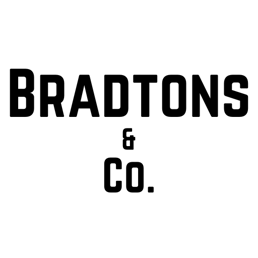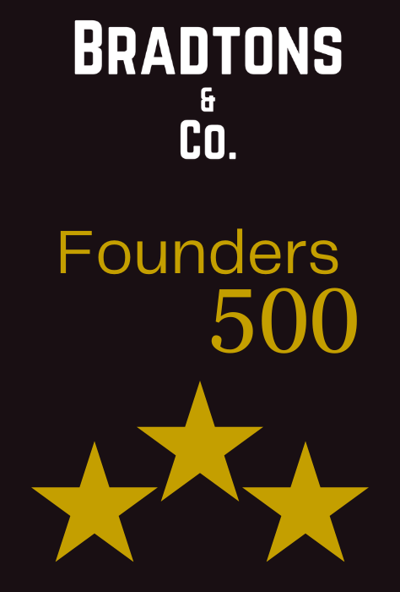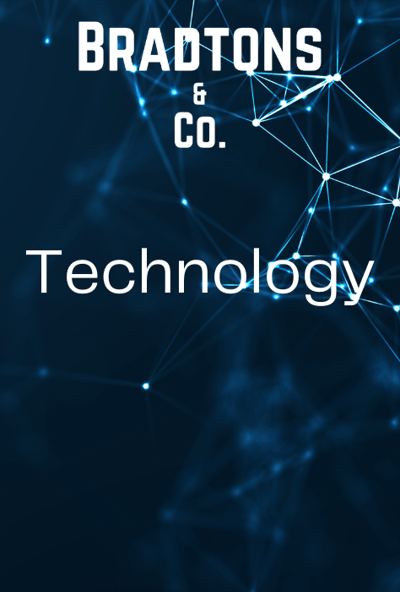Welcome to Bradtons & Co.
Your premier source for business news and entrepreneurship insights, Bradtons & Co. delivers valuable content to empower your business journey and keep you informed on the latest industry trends.


150+
15
Trusted by Entrepreneurs
Informed Decisions
Business Insights Hub
Explore our blog for the latest in business news and entrepreneurship strategies to empower your journey.
Entrepreneurship Resources
Access valuable resources and insights to help you navigate the world of entrepreneurship effectively.


Business News Updates
Stay informed with timely updates on business trends and news that impact your entrepreneurial ventures.
Discover expert advice and tips to enhance your business acumen and drive success in your endeavors.
Expert Business Tips




Business Insights
Explore our latest articles on entrepreneurship and business news today.




















